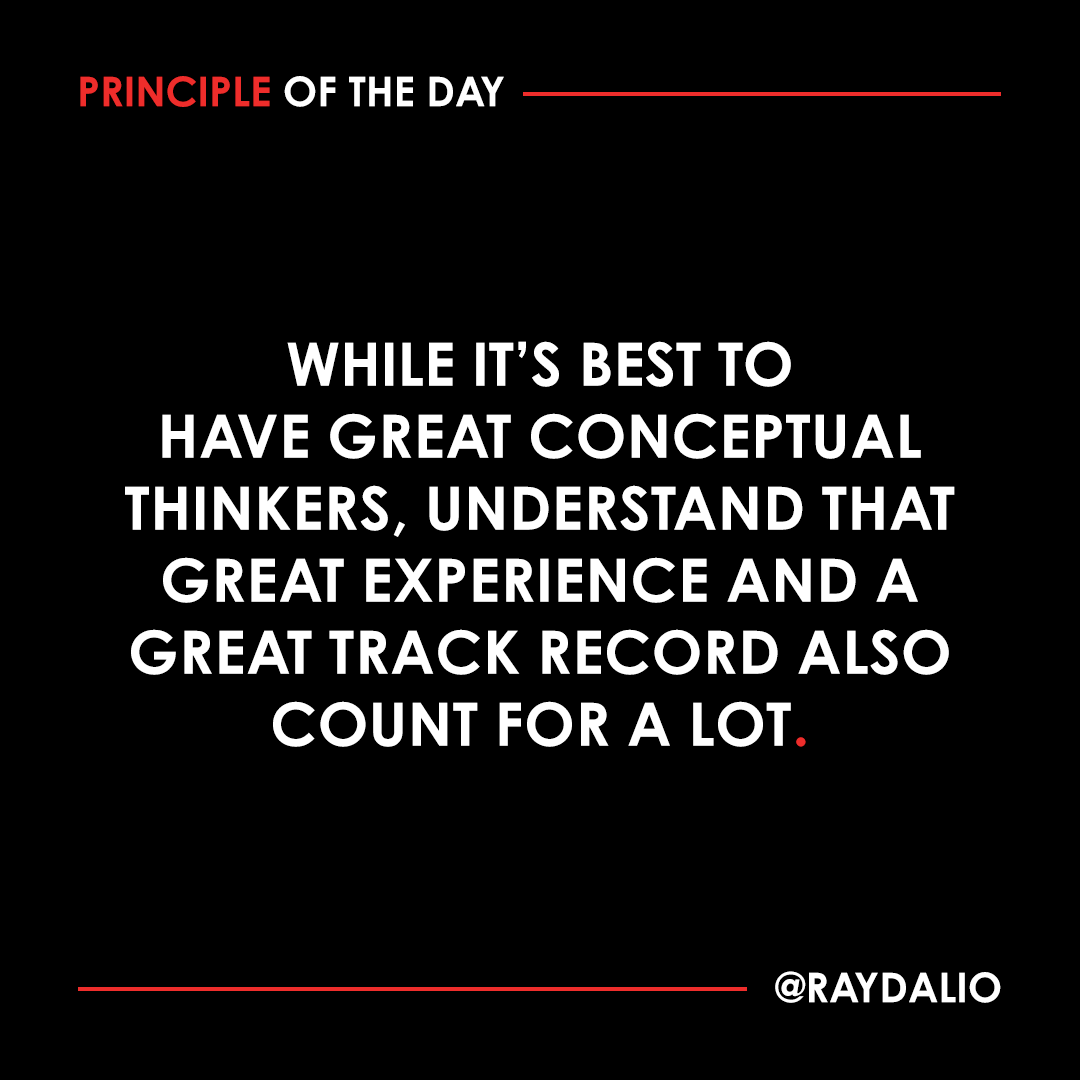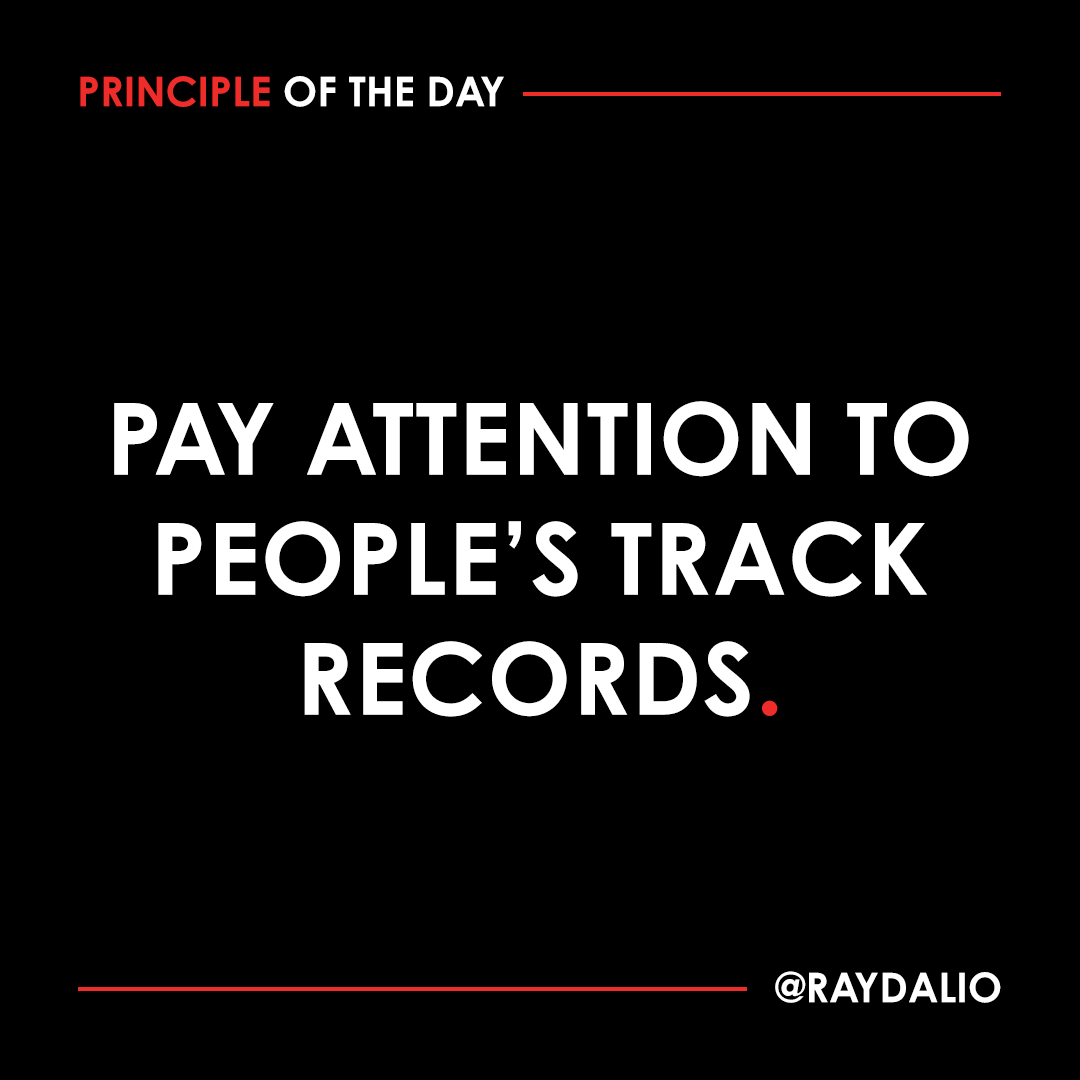When I see things happen, my thinking always goes to principles. When I see what is now happening in politics, the principle that comes to mind is “When the cause that you are behind is more important than the system that binds you together, the system is in jeopardy.”
A related principle is: “Don’t let the little things divide you when you agree on the big things that should bind you together.”
What are those big things and overriding principles that most Americans can agree on that should bind us together?
What is the American Dream and what are the principles behind it? Are we willing to state these things, collectively pursue them, and measure how we are doing to achieve them?
For example, at or near the top of my list is equal opportunity because I think a society can’t be fair, can’t be as productive, and can’t be sustainable if it doesn’t do its best to provide equal opportunity.
I’m not saying that the things and principles I believe are most important or the right ones.
What I’m saying is that I deeply believe that if the causes that we are individually behind are more important to us than the things and principles that bind us together, we are in deep trouble.
• • •
Missing some Tweet in this thread? You can try to
force a refresh










